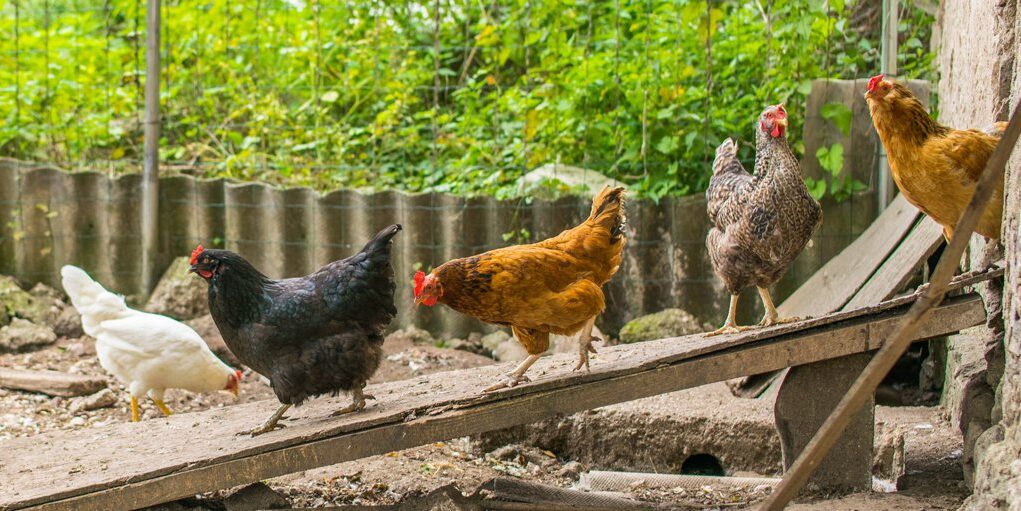When it comes to raising chickens, particularly for egg production, every chicken lover wants to ensure their feathered friends are healthy and happy. One of the best ways to do this is through quality organic feeding for egg layers. What exactly is organic feeding, and why does it matter so much for your egg layers? In this article, we’ll dive into the importance of organic feeding and explore various strategies for providing the best diet possible.

Why Choose Organic Feeding?
The benefits of organic feeding are numerous. Organic feed ensures that your chickens are not exposed to harmful pesticides, hormones, or genetically modified organisms (GMOs). This not only improves their health but also the quality of the eggs they produce. Furthermore, organic feeding contributes to general environmental well-being as it supports sustainable farming practices.
Understanding Chickens Nutritional Needs
Understanding the nutritional needs of your egg layers is crucial for producing high-quality eggs. A balanced diet includes various proteins, vitamins, and minerals. Importantly, chickens require a diet rich in calcium to help form strong eggshells.
Protein Requirements
Proteins are vital for growth and egg production. Normally, a good organic feed should contain about 16-18% protein for optimal egg laying. High-quality proteins can be sourced from ingredients like organic soybeans or peas.
Calcium and Minerals
An adequate supply of calcium is crucial for egg-producing hens. Most organic feeds incorporate calcium-rich ingredients like limestone or oyster shells. This primes your cage-free layers to produce eggs with firm, healthy shells.
Vitamins for Vigor
Chickens also need essential vitamins such as Vitamin D, which aids in calcium absorption, and Vitamin E, which contributes to good feather health. These vitamins also assist in maintaining their overall vitality.
Recommended Organic Feed Ingredients
Now that we know what nutrients your chickens need, let’s delve into sourcing those nutrients through feed. Ideal organic feed ingredients include corn, wheat, oats, and barley. Use these grains alongside protein sources like organic fish meal and plants like alfalfa.
Advantages of Whole Grains
Whole grains in feed offer numerous benefits, such as improved digestion and nutrient absorption. Whole grains are unprocessed, preserving beneficial nutrients better than processed sources.
Homemade Organic Feed Mixes
If you’re inclined to have control over what exactly goes into your chickens’ diet, creating your own organic feed mix is an excellent option. It offers you the opportunity to source high-quality, local, natural ingredients for your flock.
Basic Recipe Suggestions
A simple do-it-yourself organic feed mix might include the following: rolled oats, barley, organic wheat, sunflower seeds, and kelp. Additionally, add limestone for calcium, and brewers’ yeast for added protein.
Discover more about egg layers coops to further enrich your knowledge.
Benefits of Organic Supplements
Beyond your basic feed mix, organic supplements offer additional nutritional advantages. Supplements such as diatomaceous earth can act as natural pest repellents while providing trace minerals required for healthy development and egg production.
Herbal Supplements
Herbs like oregano and thyme can be easily added to feeds as natural antibiotics, boosting immunity and overall health.
Importance of Clean Water
Don’t overlook the importance of clean, fresh water. Proper hydration supports digestion, overall health, and optimal functioning of the entire organic diet plan.
Practical Tips for Organic Feeding
When transitioning to an organic diet, do so gradually, allowing your chickens to adjust to new textures and flavors. Monitor their health and egg production closely during the transition.
Also, consider the egg formation stages to optimize feeding, based on the stage they’re in.
Common Challenges and Solutions
Transitioning to organic feeding can present challenges. The cost of organic ingredients, the availability of non-GMO certified suppliers, and ensuring you offer a balanced range of nutrients can all be tricky. However, solutions include bulk purchasing and sourcing directly from trusted organic farms.
The Future of Poultry Feeding
The future of poultry feeding is looking bright, as organic feeding becomes more mainstream. Innovative models are being developed to combine sustainable farming with cutting-edge nutritional science.
Storing Organic Feed Properly
Feeding your chickens organic nutrition loses its impact if not stored well. Seal your organic feed in containers to avoid moisture and pests, ensuring its nutrients remain intact until consumed.
Consumer Awareness and Choices
Consumers today demand more transparency in farm-to-table processes, driving a shift towards organic practices across the poultry industry. Farmers are seeing the perks of aligning with these consumer trends.

FAQs
What are the primary benefits of organic feeding for layers?
Organic feeding minimizes exposure to harmful chemicals, promotes sustainable farming, and results in better egg quality.
Is it expensive to feed chickens organically?
Costs vary, but expenses can be managed by buying in bulk and sourcing local organic ingredients.
Can I prepare homemade organic feed for my chickens?
Yes, with the right blend of grains, proteins, and supplements, homemade organic feed is a viable option.
Learn more about farm fresh eggs and explore the benefits they bring to the table.
This article contains affiliate links. We may earn a commission at no extra cost to you.









